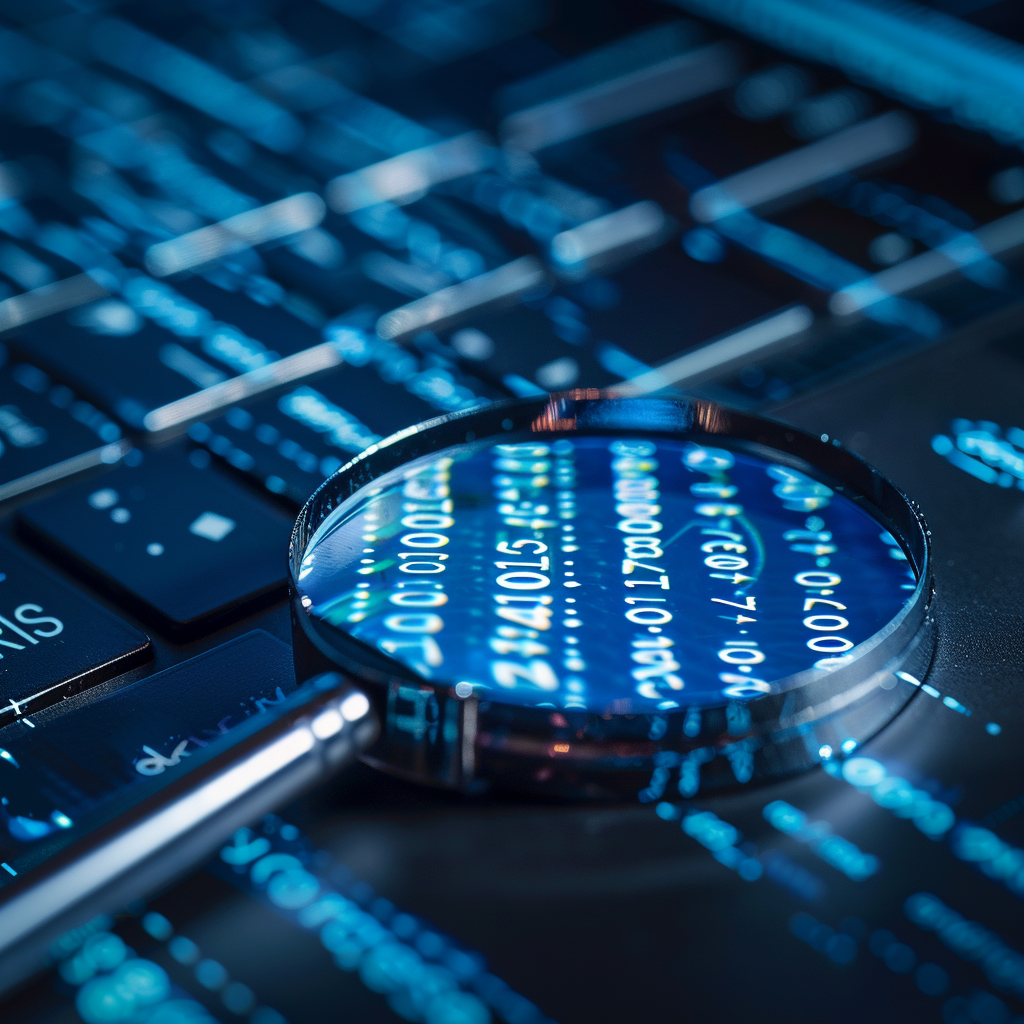
In the realm of cybersecurity and investigation, terms like “computer forensics” and “digital forensics” are often used interchangeably. However, subtle distinctions between the two disciplines are worth exploring to understand their unique scopes, methodologies, and applications. This article aims to dissect the nuances between computer forensics and digital forensics, shedding light on their definitions, areas of focus, and how they complement each other in the broader spectrum of forensic analysis.
Defining the Fields
Computer Forensics traditionally refers to the practice of collecting, analyzing, and reporting on digital data in a way that is legally admissible. It focuses specifically on data found on computers and storage devices, such as hard drives, USBs, and desktop systems. The primary goal is to investigate incidents involving these specific types of hardware, often concerning cybercrimes like hacking, fraud, and data theft.
Digital Forensics, on the other hand, represents a broader field that encompasses all types of digital data and devices. This includes not only computers and storage devices but also mobile phones, cloud platforms, Internet of Things (IoT) devices, and even digital media like photographs and videos. Digital forensics is about tracing digital footprints across a wide array of digital landscapes, making it a versatile tool in today’s interconnected world.
Scope of Work
The scope of work between computer and digital forensics can vary significantly due to their areas of focus.
- Computer Forensics specialists dive deep into the ecosystems of computers and related devices. They are experts in retrieving data that has been deleted, encrypted, or damaged, often working closely with law enforcement to solve cyber-related crimes. Their work is highly technical, focusing on the intricacies of computer file systems, operating systems, and network infrastructures.
- Digital Forensics professionals have a broader purview. They may find themselves recovering text messages from a smartphone one day and analyzing traffic from a cloud server the next. Their role requires adaptability to different technologies and platforms, as well as an understanding of various digital formats and how they can be exploited or manipulated.
Methodologies and Tools
While there is overlap in the methodologies and tools used in both fields, certain distinctions align with their specific focuses.
- Computer Forensics tools are designed to delve into the architectures of computer systems and recover data while maintaining its forensic integrity. Software solutions in this space are often geared towards disk and file system analysis, with a strong emphasis on documenting the chain of custody for legal proceedings.
- Digital Forensics utilizes a wider array of tools that cater to different types of devices and data. This includes mobile forensic tools, cloud data analysis software, and applications designed to work with social media data. The methodologies here are versatile, aiming to extract and analyze data from any digital source.
Legal and Ethical Considerations
Both fields are bound by legal and ethical considerations, though the specifics may vary based on the type of data and device being analyzed. Computer forensics investigations might focus more on the legality of accessing and analyzing data on personal or company-owned computers within the jurisdiction’s privacy laws. Digital forensics encompasses a broader spectrum of legal challenges, given the diversity of devices and data types, including cross-jurisdictional issues arising from cloud computing and international data storage.
Conclusion
While computer forensics and digital forensics share common goals and often overlap in their practices, understanding their differences is crucial for anyone looking to specialize in the forensic investigation field. Computer forensics services offers a deep dive into the data contained within computer systems and storage devices, making it indispensable for solving traditional cybercrimes. Digital forensics, with its broader scope, is essential for investigating a wide range of digital activities across various devices and platforms. Together, they form the backbone of modern forensic investigations, each playing a critical role in deciphering the digital puzzles that accompany today’s technological advancements and cyber challenges.